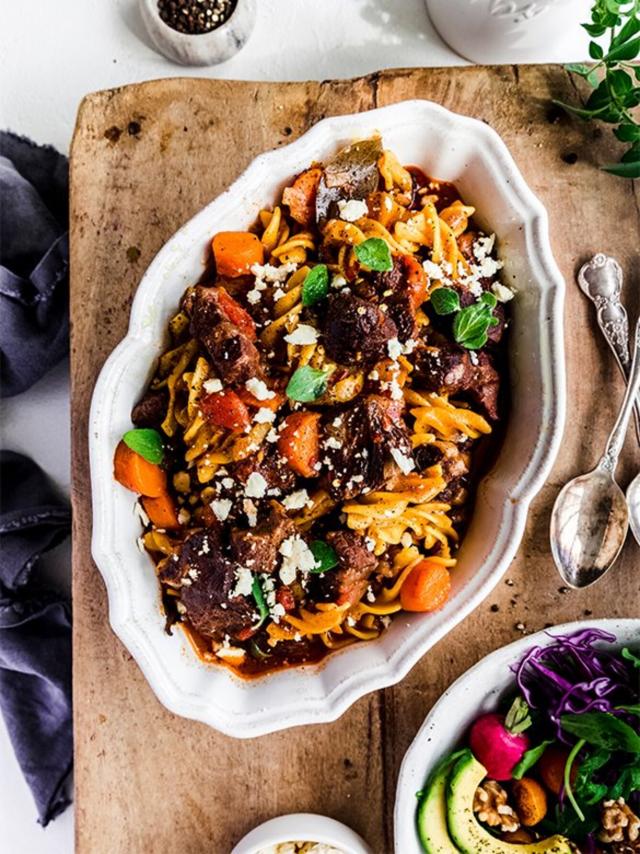Australian farmers will be hit by the United States’ recently announced tariffs, with beef the highest exported product last financial year.
President Donald Trump referred to the announcement of the tariffs on April 2 as ‘Liberation Day’, with the changes coming into effect from April 4.
“Australia bans, they’re wonderful people and wonderful everything, but they banned American beef yet we imported $3 billion of Australian beef from them just last year alone,” Mr Trump said.
“They won’t take any of our beef, they don’t want it because they don’t want it to affect their farmers and you know what I don’t blame them.
“But we’re doing the same thing right now.”
Australia was given the minimum baseline tariff of 10 per cent, coming off lightly in comparison to Vietnam at 46 per cent, China at 34 per cent and the European Union at 20 per cent.
All other meat excluding beef, was the fifth highest export product from Australia to the US.
Australia has not imported beef in return from the US since 2003, after detections of Mad Cow Disease.
Prime Minister Anthony Albanese said the government had made it clear to the United States it would not compromise on biosecurity.
“We will not weaken the measures that protect our farmers and producers from the risk of disease or contamination,” he said.
Dr Vinh Thai, a professor of logistics and supply chain management, said the increase in freight rates would lead to a higher cost of importation and could lead to imported products being more expensive, for example, at the supermarket.
“Business can mitigate this by mapping their supply chain, giving them a better chance to prepare and respond in situations like this,” he said.








